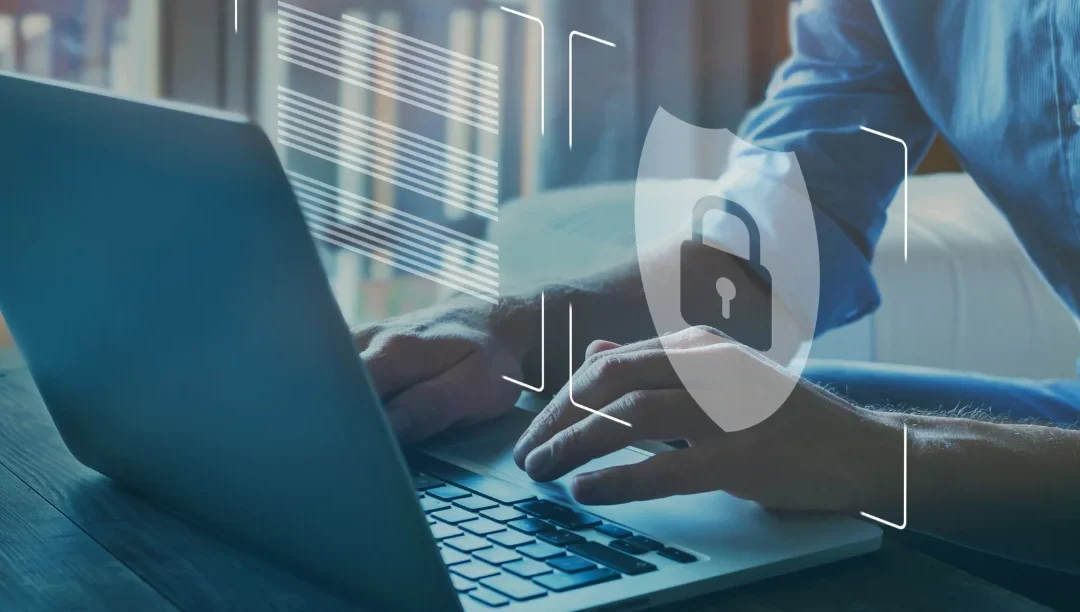Data centers are increasingly becoming targets for cyberattacks, as they house critical business data, intellectual property, and sensitive customer information. The growing sophistication of cyber threats means that data center operators must implement advanced security measures to protect their infrastructure. From ransomware attacks to data breaches, cybercriminals are continually evolving their tactics, making it essential for data center providers to stay one step ahead.
One of the most important security measures in a data center is physical security. Restricting access to the facility, using biometric scanners, and implementing multi-factor authentication for all personnel are essential components of a robust security plan. Additionally, surveillance systems, such as CCTV cameras and motion detectors, provide constant monitoring to detect unauthorized access and prevent potential threats from materializing.
In addition to physical security, cybersecurity protocols are crucial in defending against external threats. Encryption, firewalls, intrusion detection systems (IDS), and intrusion prevention systems (IPS) form the backbone of a strong data center security strategy. These tools help protect sensitive data from unauthorized access and ensure that any potential threats are detected and neutralized in real time. Regular security audits, penetration testing, and vulnerability assessments are also vital in identifying weak points in a data center’s cybersecurity defenses.
One of the most emerging threats is Distributed Denial-of-Service (DDoS) attacks, which aim to overwhelm a data center’s resources, causing downtime or service interruptions. To defend against DDoS attacks, data centers implement traffic filtering systems and deploy cloud-based protection services that can handle sudden surges in traffic. These measures ensure that the data center remains operational, even under heavy attack, and that legitimate user traffic is prioritized.
As data protection laws become stricter, ensuring compliance with industry regulations like GDPR, HIPAA, and SOC 2 is another critical aspect of data center security. Data center providers must implement best practices that meet or exceed regulatory requirements to avoid penalties and maintain client trust. Data encryption, access control policies, and secure data storage practices must be in place to safeguard sensitive information and comply with legal standards.


Recent Comments